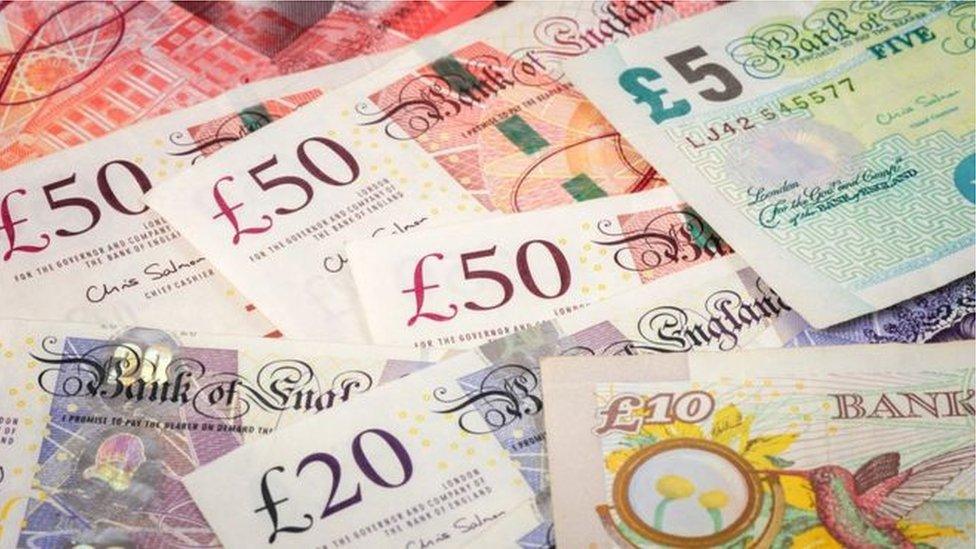Business rates revaluation could see cut in bills
- Published

Rates for some retailers are expected to fall
Many retailers in Northern Ireland's towns are likely to have their rates bills cut after a revaluation exercise.
However, some hotels are facing steep rises in their rates.
All 74,000 non-domestic properties, including shops, offices and factories, have been officially revalued for the first time since 2015.
Rates bills are based on those valuations and a revaluation in itself does not raise more money but instead redistributes the rates burden.
Those properties that have become relatively less valuable will now attract lower rates.
Some shops in provincial towns could see bills reduced by as much as 10%.
Substantial increases
Large supermarkets have also seen rateable values fall by between 5% and 15%, reflecting the changing fortunes of the retail sector.
However, some convenience stores, like Spar and Mace, could see rates rise.
Some hotels could also see substantial increases in their rate bills as rateable values have increased by as much as 55%.
For example the rateable value of the Europa in Belfast has increased from 拢515,000 to 拢800,000.
Belfast's Europa hotel has seen its rateable value increase
The rateable value of a business property is worked out using its Net Annual Value (NAV).
NAV is an assessment of the annual rental value that the property could reasonably be let for at a fixed point in time.
The NAV is then multiplied by the 'rate in the pound' to produce the annual bill.
Actual rates bills will not be clear until Stormont and the councils set the 'rate in the pound'.
Those facing higher bills will also include office developments with rateable values in the sector up by 8% overall.
- Published2 May 2019